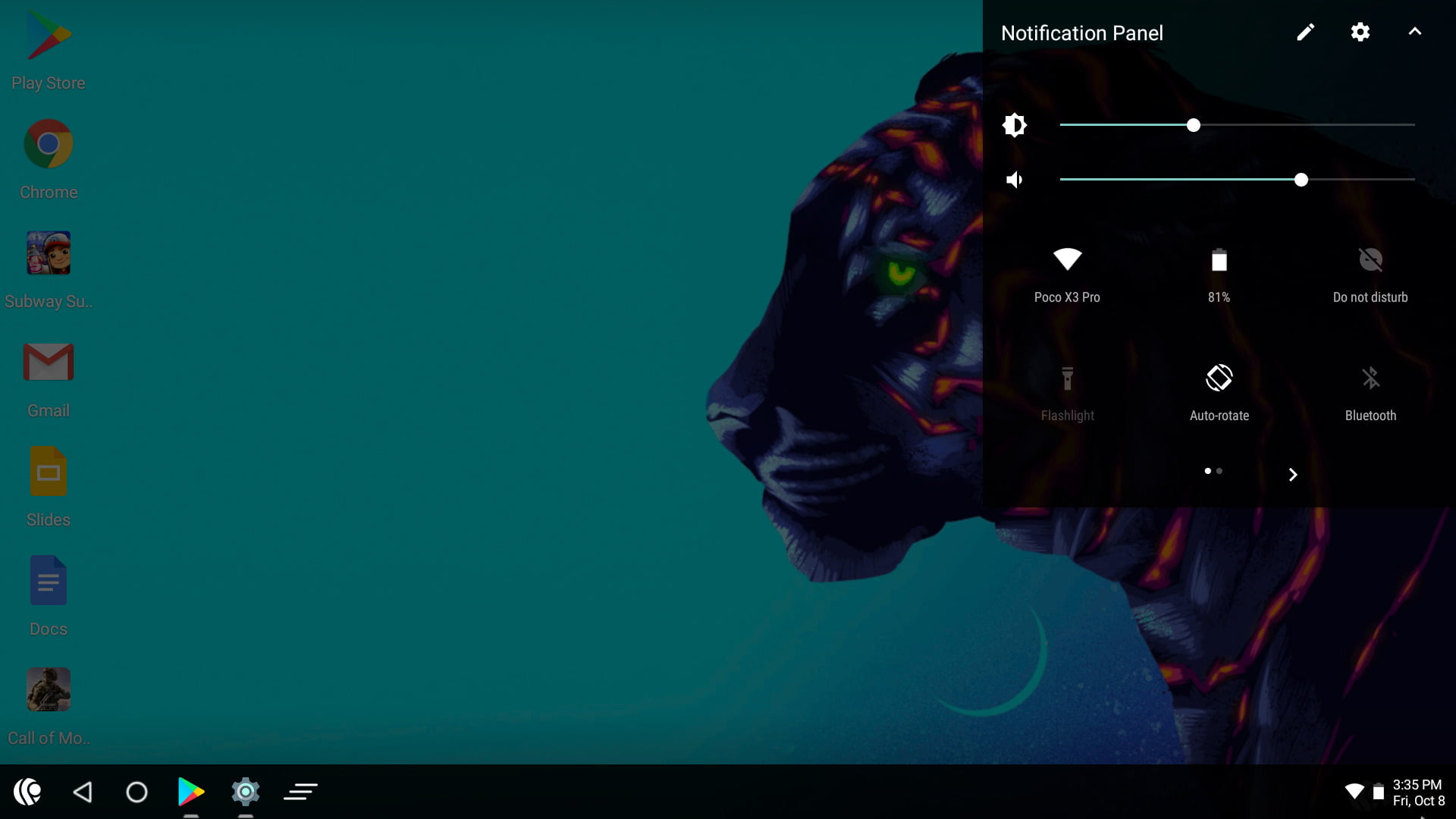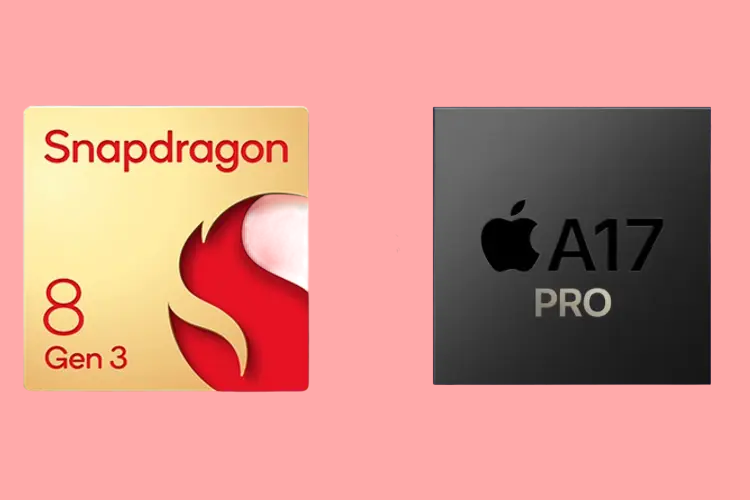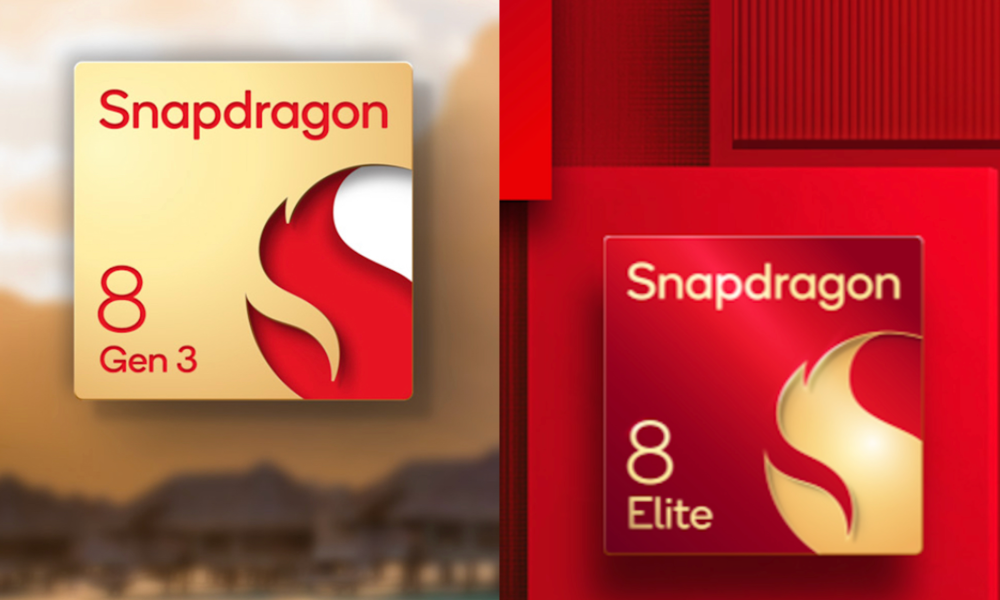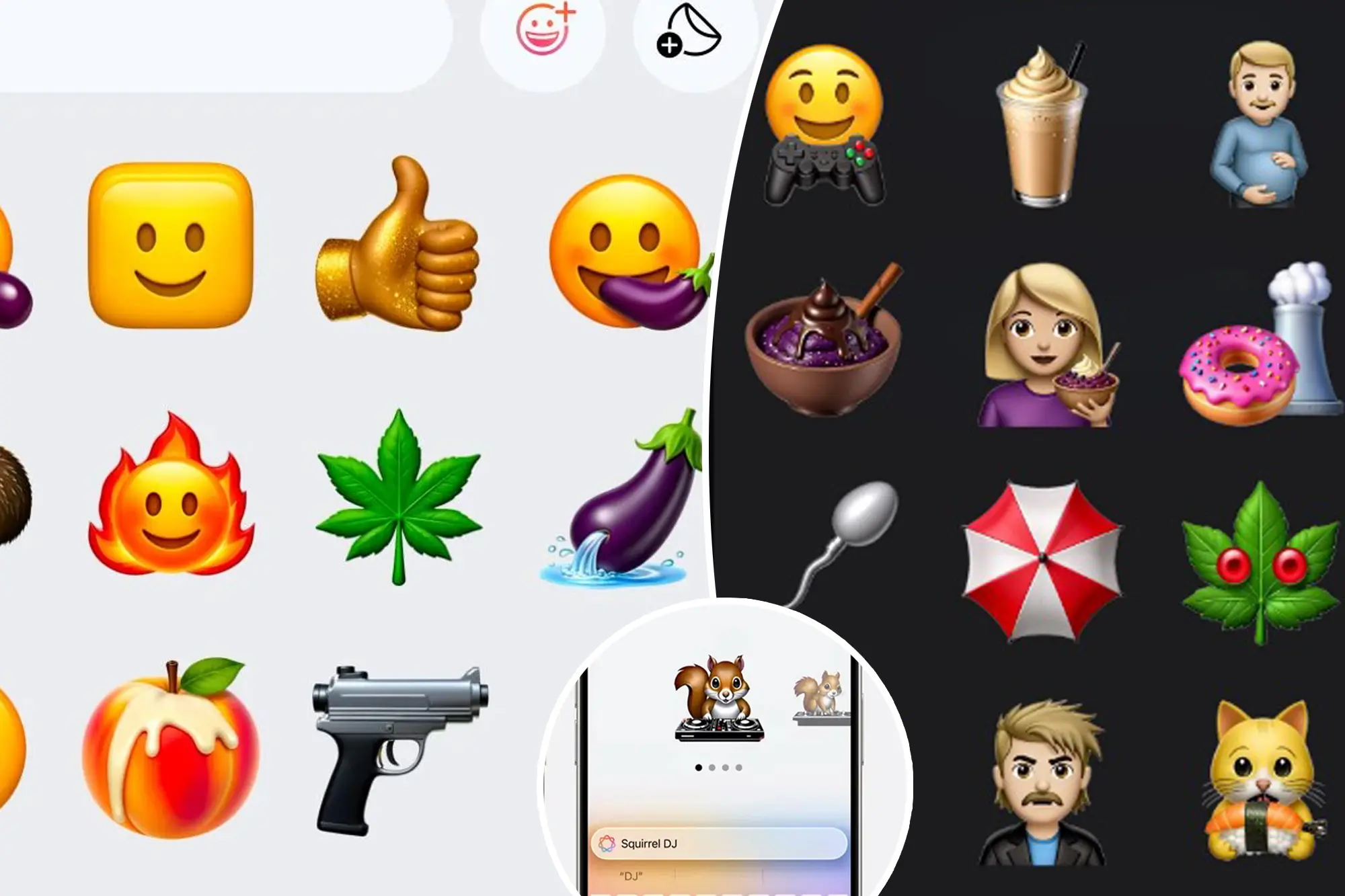As Android apps and games continue to grow in popularity, the need for robust emulation software on PCs is more significant than ever. Whether you’re a gamer, developer, or just looking to run Android apps on your computer, the right emulator can make all the difference. In this article, we’ll explore the top 7 Android emulators for PCs in 2024, providing you with a comprehensive guide to help you choose the one that best fits your needs.
1. BlueStacks
Overview
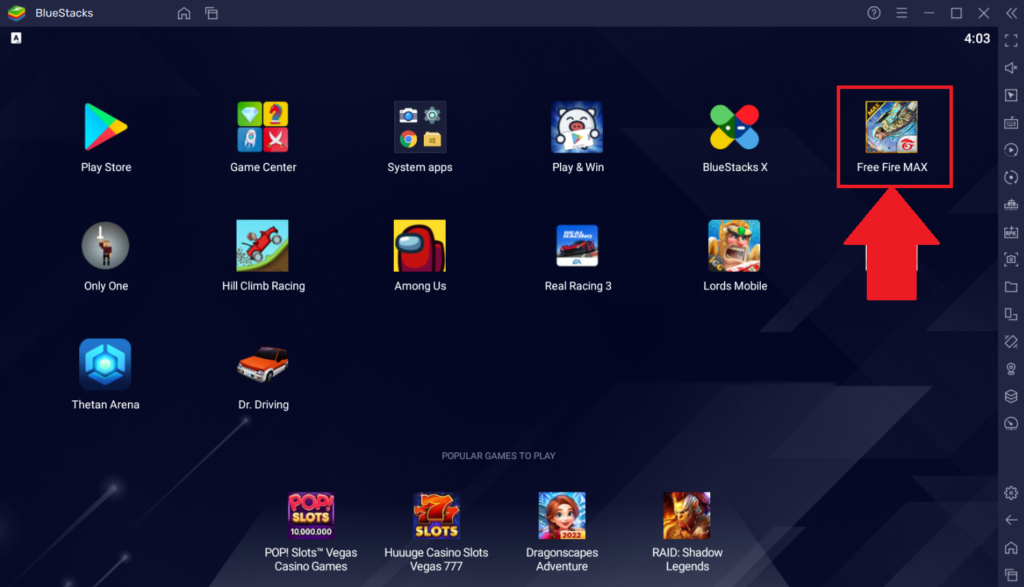
BlueStacks has long been one of the most popular Android emulators, known for its reliability and performance. It’s designed primarily for gaming but is versatile enough to handle general Android applications.
Key Features
- High Performance: Optimized for gaming, providing smooth gameplay and high frame rates.
- Multi-Instance Support: Run multiple games or apps simultaneously.
- Custom Key Mapping: Tailor controls to your liking, essential for gaming.
- Google Play Integration: Easy access to the Google Play Store.
Performance Metrics
BlueStacks excels in gaming, with minimal lag and fast load times. It’s resource-intensive but delivers excellent performance on high-end PCs.
System Requirements
- OS: Windows 10/11, macOS
- RAM: 8GB or more recommended
- CPU: Intel or AMD multi-core processor
- GPU: Dedicated graphics card for optimal performance
Pros and Cons
- Pros: High compatibility, excellent for gaming, easy setup.
- Cons: Can be resource-heavy, ads in the free version.
Suitability
Best suited for gamers looking for a seamless experience with popular Android titles. Also useful for general app usage.
2. NoxPlayer
Overview
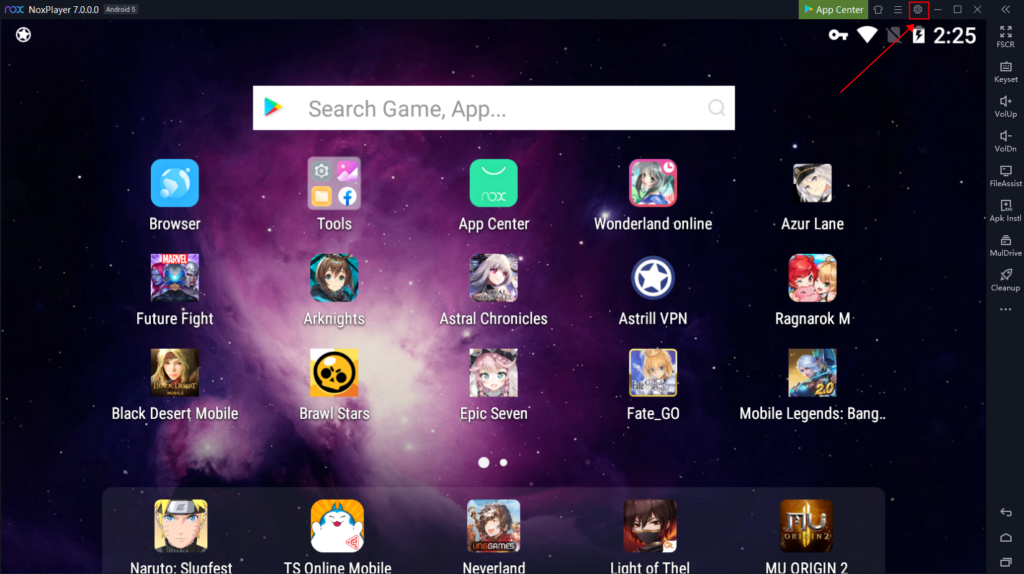
NoxPlayer is another powerful emulator that caters to gamers and developers alike. It offers a clean interface with a wide range of customization options.
Key Features
- Script Recording: Automate repetitive tasks with ease.
- Controller Support: Use game controllers for a better gaming experience.
- Root Access: Allows root access for testing apps in a rooted environment.
Performance Metrics
NoxPlayer is fast and responsive, especially in games that require quick reflexes. It’s less demanding on resources compared to BlueStacks, making it ideal for mid-range PCs.
System Requirements
- OS: Windows 7/8/10/11, macOS
- RAM: 4GB minimum
- CPU: Intel or AMD dual-core processor
- GPU: Integrated graphics are sufficient, but dedicated GPU recommended for gaming.
Pros and Cons
- Pros: Lightweight, highly customizable, supports multiple controllers.
- Cons: Occasional bugs, ads in the free version.
Suitability
Ideal for gamers and developers who need a stable, lightweight emulator with extensive customization options.
3. LDPlayer
Overview
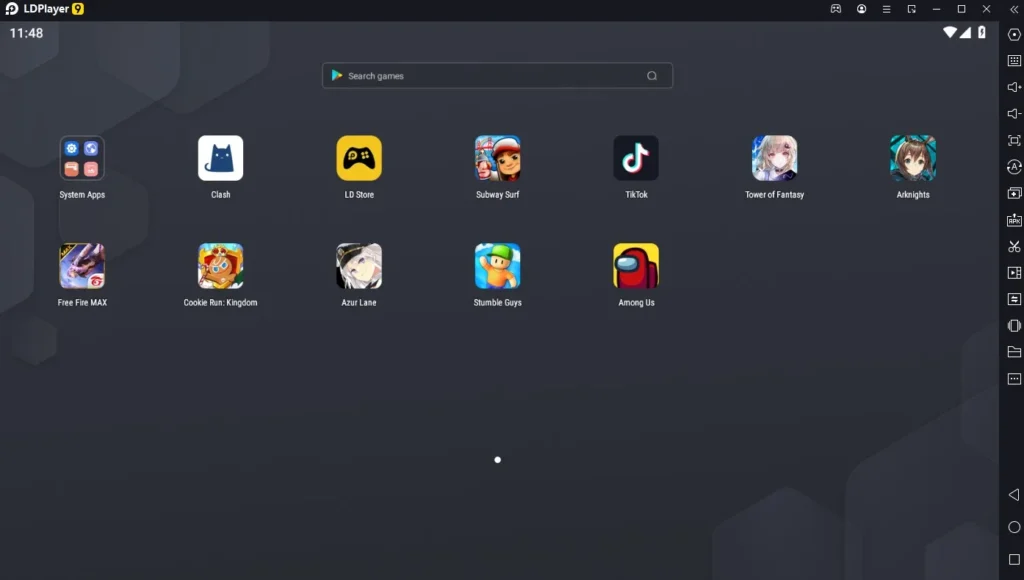
LDPlayer is a relatively new player in the emulator market but has quickly gained a reputation for being lightweight and fast. It’s optimized for gaming, particularly for titles like PUBG Mobile and Call of Duty: Mobile.
Key Features
- Game Optimization: Pre-configured for popular mobile games.
- Multi-Instance Synchronization: Run and sync multiple instances of the same game.
- Custom Control Mapping: Fine-tune your controls for better gameplay.
Performance Metrics
LDPlayer is highly efficient, with low CPU and memory usage, making it perfect for gaming on lower-end systems.
System Requirements
- OS: Windows 7/8/10/11
- RAM: 4GB minimum
- CPU: Intel or AMD x86/x86_64
- GPU: Supports both integrated and dedicated graphics cards.
Pros and Cons
- Pros: Lightweight, fast, low system requirements.
- Cons: Limited non-gaming features, lacks macOS support.
Suitability
Perfect for gamers with mid-range PCs looking for a fast, efficient emulator.
4. MEmu Play
Overview
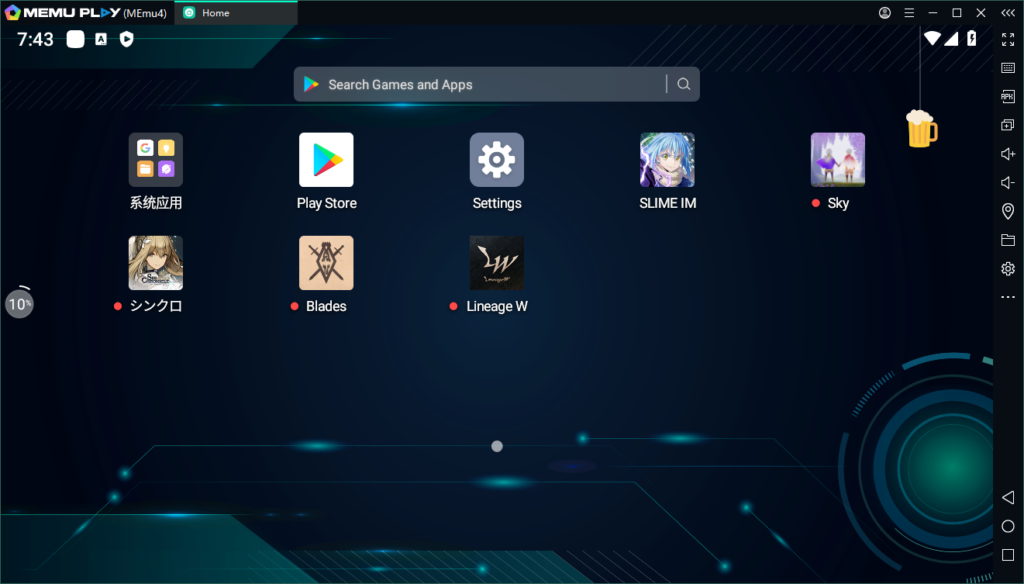
MEmu Play is an emulator that balances performance and compatibility, making it a strong contender for both gaming and general use.
Key Features
- Flexible Settings: Adjust CPU, RAM, and resolution to suit your needs.
- Multiple Instances: Run several games or apps at the same time.
- Macro Key Mapping: Automate complex sequences with ease.
Performance Metrics
MEmu Play is optimized for both Intel and AMD chipsets, providing excellent performance across a wide range of hardware.
System Requirements
- OS: Windows 7/8/10/11
- RAM: 4GB minimum, 8GB recommended
- CPU: Intel or AMD with virtualization support
- GPU: Integrated graphics supported, dedicated recommended.
Pros and Cons
- Pros: Highly customizable, good performance, supports AMD and Intel.
- Cons: Ads in the free version, occasional compatibility issues with some apps.
Suitability
Best for users who need a flexible, powerful emulator for both gaming and app testing.
5. Genymotion
Overview
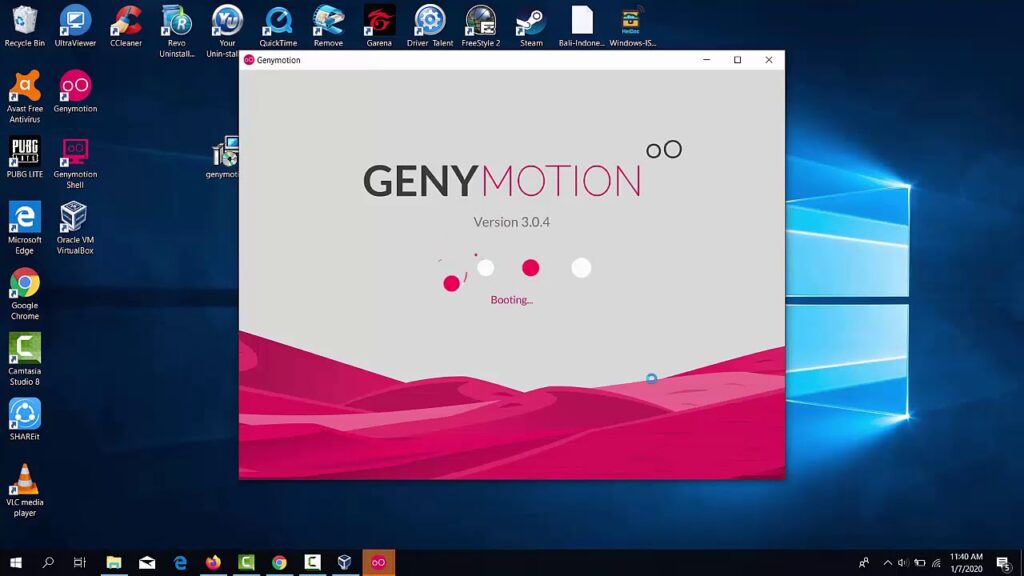
Genymotion is a professional-grade emulator designed for developers. It’s a cloud-based platform, offering various configurations for different Android versions and devices.
Key Features
- Cloud and Desktop Options: Run emulations locally or in the cloud.
- Multiple Device Configurations: Test apps on various Android versions and devices.
- Seamless ADB Integration: Connect with Android Studio for smooth development workflows.
Performance Metrics
Genymotion is less focused on gaming and more on providing a stable, reliable environment for app development. It’s extremely responsive and offers high compatibility with various Android SDKs.
System Requirements
- OS: Windows, macOS, Linux
- RAM: 4GB minimum
- CPU: Intel VT-x or AMD-V support
- GPU: OpenGL 2.0 compatible.
Pros and Cons
- Pros: Excellent for development, highly customizable, wide device support.
- Cons: Not ideal for gaming, subscription required for cloud services.
Suitability
Best for developers needing a robust environment for testing and development.
6. Andy Android Emulator
Overview
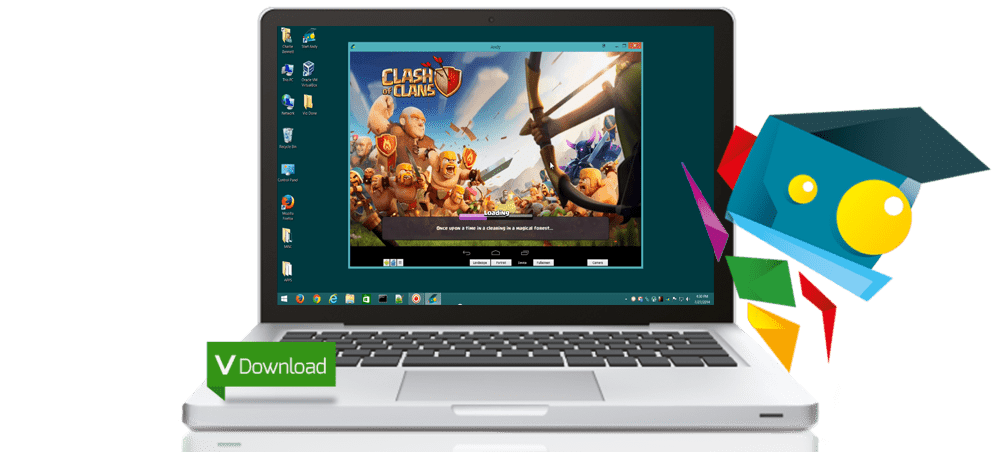
Andy is a versatile emulator that bridges the gap between mobile and desktop computing, offering a wide range of features for both gamers and general users.
Key Features
- Mobile/Desktop Integration: Sync apps between your mobile and PC.
- Google Play Support: Access a vast library of apps.
- Customizable UI: Modify the user interface to your liking.
Performance Metrics
Andy performs well on both low-end and high-end PCs, providing a smooth experience across a variety of applications, though it’s not as gaming-focused as other emulators.
System Requirements
- OS: Windows 7/8/10/11, macOS
- RAM: 4GB minimum
- CPU: Intel or AMD dual-core
- GPU: Supports both integrated and dedicated graphics.
Pros and Cons
- Pros: Versatile, good integration with Android devices, easy to use.
- Cons: Occasional stability issues, less focused on gaming.
Suitability
Ideal for users looking for a multi-purpose emulator that handles both gaming and general Android apps well.
7. PrimeOS
Overview
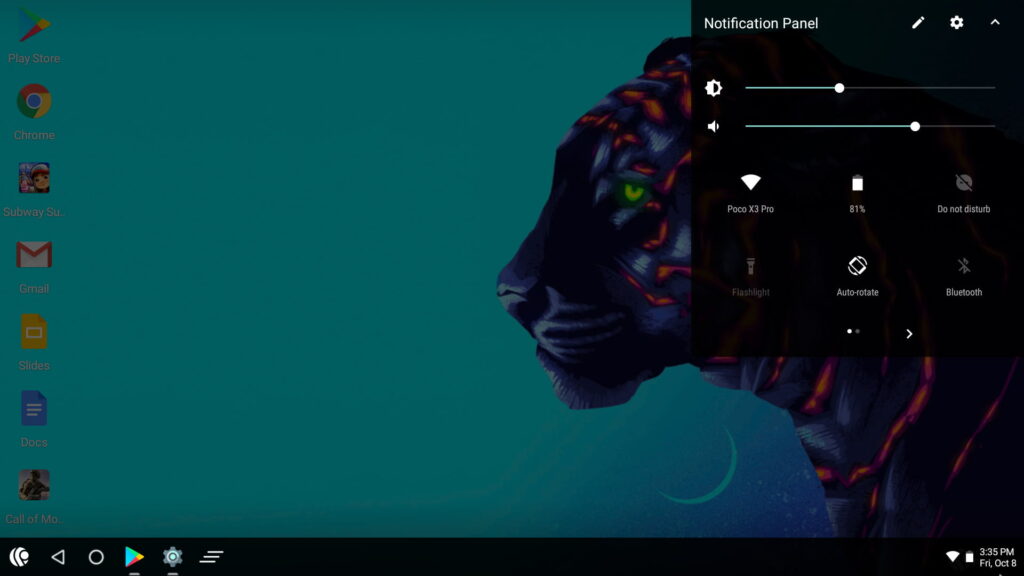
PrimeOS is not just an emulator but a full-fledged operating system based on Android, designed to bring the mobile experience to your desktop.
Key Features
- Dual Boot Option: Install alongside your existing OS.
- Game Center: Optimized for gaming with key mapping and performance tweaks.
- Desktop Experience: Brings a complete desktop-like interface with a taskbar, start menu, and more.
Performance Metrics
As an OS, PrimeOS delivers excellent performance, especially in gaming, with full access to hardware resources. However, it requires more setup than typical emulators.
System Requirements
- OS: Runs as a standalone OS
- RAM: 4GB minimum
- CPU: Intel or AMD x86/x64
- GPU: Dedicated GPU recommended for gaming.
Pros and Cons
- Pros: Full Android OS experience, excellent gaming performance, dual-boot option.
- Cons: Complex installation, not as user-friendly as traditional emulators.
Suitability
Best for power users and gamers looking to fully immerse in the Android experience on a PC.
Conclusion
Choosing the right Android emulator depends on your specific needs—whether it’s gaming, app testing, or general use. BlueStacks and LDPlayer stand out for gamers, while Genymotion is unparalleled for developers. PrimeOS offers a unique, immersive experience for those looking to dive deep into Android on their PC. Each of these emulators brings something different to the table, ensuring that there’s a perfect match for every type of user.
By considering factors like system requirements, performance metrics, and your intended use, you can select the best Android emulator to meet your needs in 2024.

